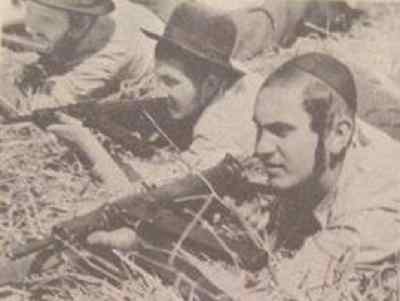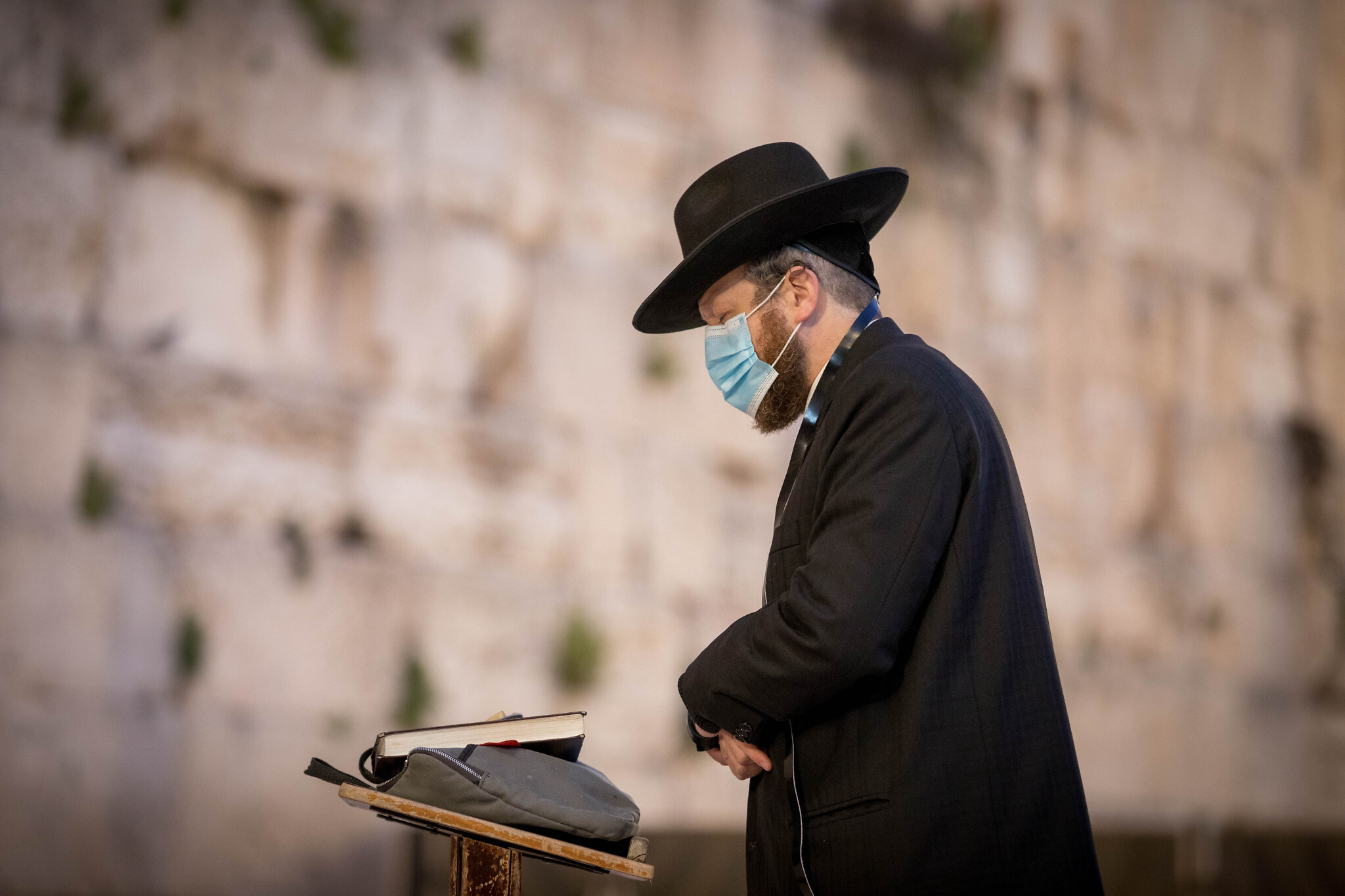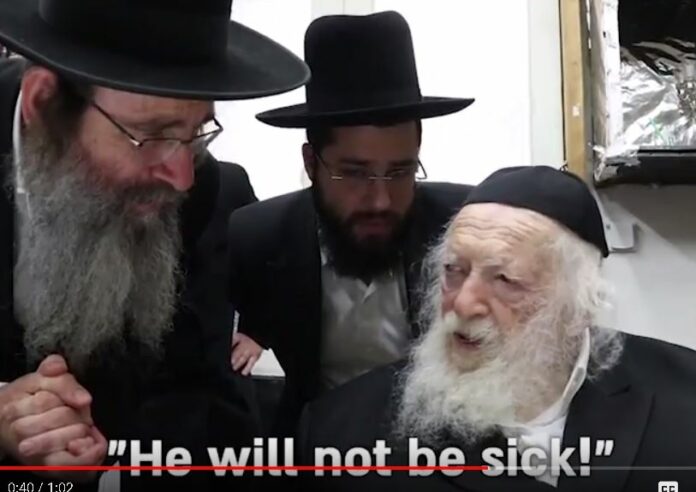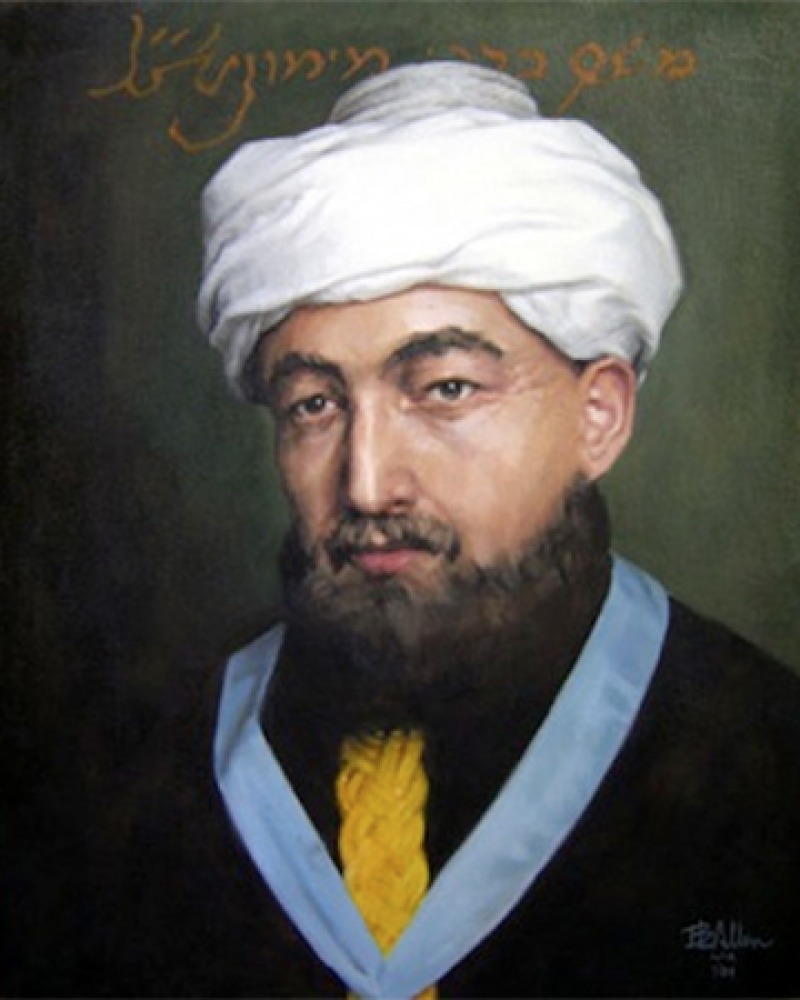"Those leaders were ridiculed for taking seriously the Talmud’s teaching that the “breath of the children” exhaled in their Torah study verily upholds the world. But here’s the thing – and it’s a most important thing: We Haredim really believe that. It’s odd that liberal-minded Jews tend to allow others their particularistic beliefs if those others follow any one of a myriad of belief systems. But not if they are their fellow Jews (believing, in fact, in what has been called Judaism for millennia)... Yes, we Haredim actually believe that children’s learning Torah maintains the world."As usual, there are a number of distortions tightly wrapped up here.
First is that he is trying to conflate very different things. The Gedolim were not ridiculed for taking seriously something that "has been called Judaism for millennia." They were ridiculed for saying that cancelling yeshivah studies and forcing the students to study at home would be more dangerous than coronavirus, because "Torah protects." Which was something that they were later forced to retract, because it was indeed ridiculous.
Second is that charedim do not "really believe" that yeshivos protect from coronavirus. Some of them might believe that they believe it, but none of them really believe it. In fact, charedim don't believe that Torah protects from any form of illness - that's why they want the same medical care, and suffer from the same illnesses, as everyone else. They just didn't believe that coronavirus was a serious illness that threatens them - it was something "out there," not something that was part of their own world. That's why some insular chassidim show a total disregard for coronavirus even if they are not in yeshivah. Those who realize that coronavirus is actually a real danger shutter the yeshivos.
Third is that the reason why liberal-minded Jews who allow the particularistic beliefs of others are nevertheless intolerant of certain charedi beliefs is not due to hypocrisy or intolerance. And it is wrong for Rabbi Shafran to insinuate such an accusation. Rather, it is because charedi beliefs affect the rest of society! When Bnei Brak's hospital is bursting at the seams and forced to send patients to other hospitals, this drains resources from other communities.
 Fourth is that it is simply false to claim that protection against coronavirus is identical with traditional teachings about the world being maintained by children learning Torah. It is reading a maximalist interpretation into the Sages' words that was never
intended. Their statement that the world exists for the sake of children learning is simply their way of saying that it's a very important part of our society. (There's a similar statement in the Gemara about the world existing for the sake of circumcision!) It doesn't mean that during summer
break, or a pandemic, there is a metaphysical effect that causes the
world to break down, and that it's therefore reason to keep schools open
and increase the chances of infection.
Fourth is that it is simply false to claim that protection against coronavirus is identical with traditional teachings about the world being maintained by children learning Torah. It is reading a maximalist interpretation into the Sages' words that was never
intended. Their statement that the world exists for the sake of children learning is simply their way of saying that it's a very important part of our society. (There's a similar statement in the Gemara about the world existing for the sake of circumcision!) It doesn't mean that during summer
break, or a pandemic, there is a metaphysical effect that causes the
world to break down, and that it's therefore reason to keep schools open
and increase the chances of infection.Fifth, since after a while they did indeed close the yeshivos in order to protect against coronavirus, what does this demonstrate? Surely it shows that they themselves conceded that their position was incorrect. In which case, it was indeed appropriate that they were originally criticized for it. And, as my friend David Sedley pointed out, it surely means that they need to re-examine their belief that divine, traditional Judaism teaches that students must learn Torah in yeshivos in order to maintain the world and protect from pandemics.
This leads us to another problem with Rabbi Shafran's article. He complains in this article, as he often does, about a false accusation that charedim believe the Gedolim to be infallible. But Rabbi Shafran only accepts the fallibility of Gedolim in abstract theory. In practice, he maintains that one may never actually say that they made a mistake. Even here, when the Gedolim themselves backtracked, he won't concede that they were wrong!
After making the false claim that charedim "really believe" that yeshivos protect from coronavirus and maintain the world, Rabbi Shafran proceeds to make another claim about what charedim "really believe": "Yes, we sincerely believe that Torah study protects Jews no less than army service."
Um, no, charedim don't sincerely believe that at all. Again, some may believe that they believe it, but nobody actually believes it. This was demonstrated most clearly during one of Gaza wars, when a charedi yeshivah from Ashdod relocated to Beit Shemesh and announced that they would be providing a spiritually-based "iron dome" for Beit Shemesh. Of course, this raised the obvious question of why they didn't stay and provide it in Ashdod, where it was actually needed! No charedi yeshivos went to provide protection for the South - because they don't actually believe that Torah protects even them, let alone others. That's why the Torah Town of Kiryat Sefer, over the Green Line, has the exact same security systems as every other moshav. They will fabricate all kinds of creative ideas about the interplay between hishtadlus and Torah's protection, but the bottom line is that they don't actually believe that it protects in any kind of meaningful, practical sense.
I've actually written to Rabbi Shafran about this. I pointed out that since he is the mouthpiece of the Moetzes Gedolei HaTorah, who are experts on such things, he should provide a long-needed service for both the charedi and non-charedi communities, and ask them to provide an elaboration on their view of exactly the parameters of how "Torah protects no less than army service." After all, if it's such a powerful, real-world operational force, with enormous practical ramifications of being (allegedly) the real reason why charedim don't serve in the IDF, surely they should be spelling out what it means exactly.
Some of the parameters that they should clarify are as follows: To what extent is it geographically related - traditional sources indicate that it applies primarily to the city where the Torah study takes place, so what are the ramifications for where the yeshivos should be located? Does the protective effect of Torah even apply when the Torah student is not studying - does it apply during the night, and during vacation? Does this protection apply under all circumstances? (Responsa Radvaz 2:752 greatly restricts the extent of the Gemara's ruling about Torah scholars being exempt from contributing towards security, including stating that it does not apply in cases where the rabbis consider themselves in need of protection). Is the intent of the person studying Torah relevant - do you have to mention for whom you "have in mind"?
The IDF can give precise answers as to the parameters of the effectiveness of their forces. If you are claiming that Torah study is of equal or greater effectiveness, you have an obligation to do the same. (See my post "Parameters, Please!" for an elaboration of these issues.)
Just as the real reason for the coronavirus delay had nothing to do with Torah protecting, so too the real reason why charedim don't serve in the IDF is nothing to do with Torah protecting. It's because they fear the harm that it would do to their way of life. That's an understandable fear, although of course it must be accompanied with an acknowledgment that if the price is too high for them to pay, they should pay it in other ways.
But it doesn't help anyone when spokesmen for charedi society, who claim to be enlightening people about what charedim "really believe," do nothing of the sort.
(If you'd like to subscribe to this blog via email, use the form on the right of the page, or send me an email and I will add you.)























